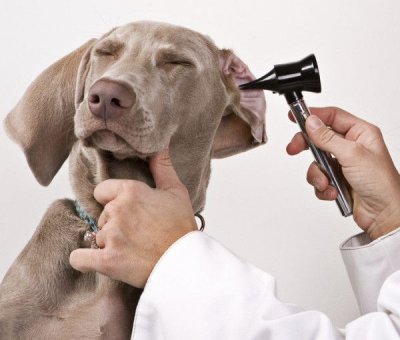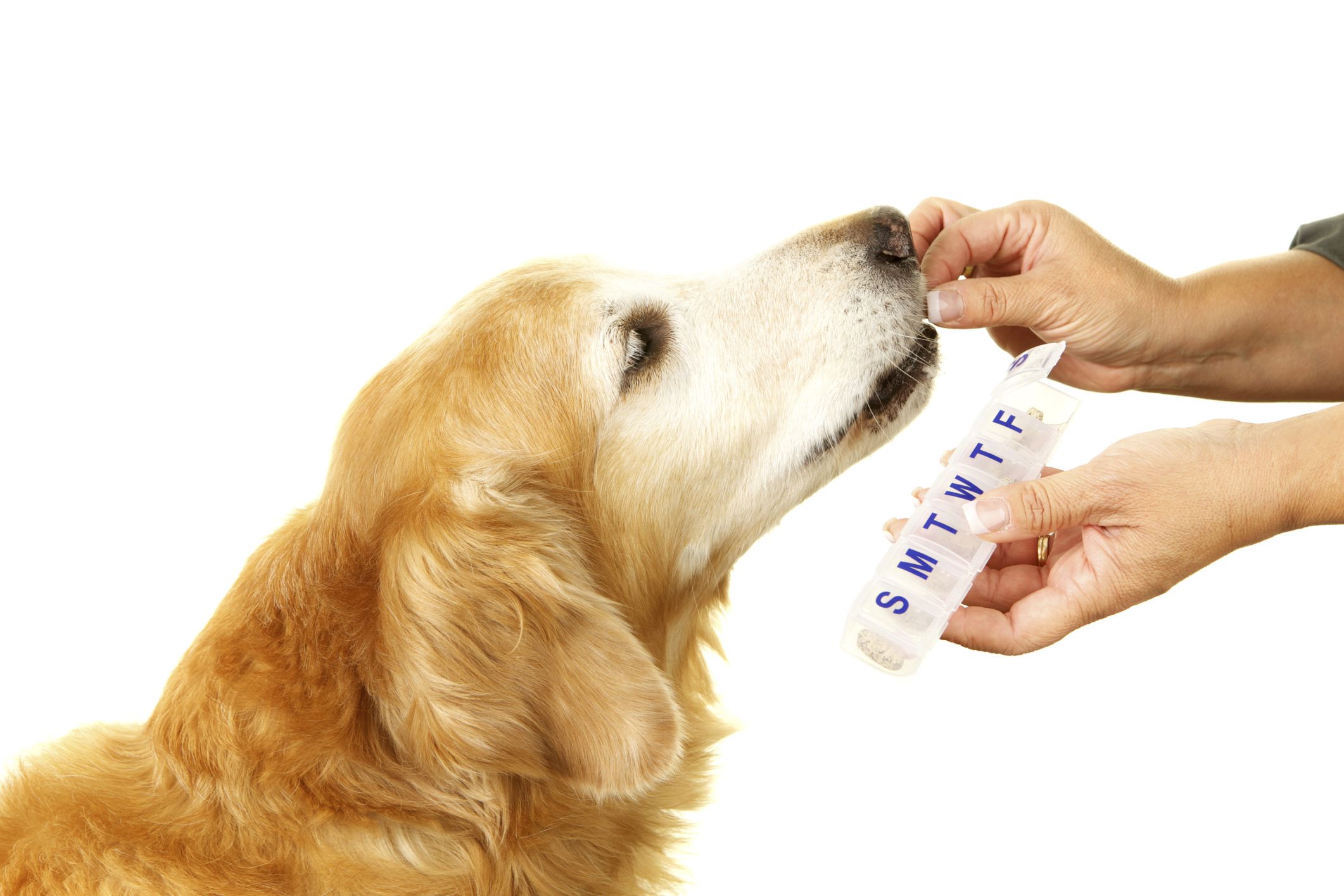Disorders Your Dog May Inherit

A vital part of good prevention is to know the common types of illnesses and disorders associated with particular dog breeds. For dogs, the parts of their body that are most frequently affected by congenital problems are the central nervous system, the eyes, the muscles, and the bones. For instance, the Beagle, Collie, miniature Poodle, German Shepherd, and Keeshond are more likely to inherit epilepsy.
Different types of nervous system disorders are often passed on within certain breeds. Examples are paralysis of the front and back legs, which is common in the Irish Setter, a failure of muscle coordination common in Fox Terrier, and abnormal swelling of the brain is common in the Chihuahua, English Bulldog, and Cocker Spaniel.

A great number of common breeds suffer from congenital eye abnormalities including glaucoma, cataracts, and blindness.
Breeds such as Basenji, Basset Hound, Pekingese, Lhasa Apso, and Cairn Terrier have a high risk for inguinal hernias (gut protrudes into the groin). Umbilical hernias (gut protrudes through the navel) are inherited defects in breeds like Bull Terrier, Cocker Spaniel, Pekingese, Basenji, Collie, Weimaraner, Airedale Terrier, and Pointer.
In order to keep health problems in your dog from getting serious, you need to detect them early. Therefore, it is necessary to give your dog a basic check-up about once a week. This check-up takes no more than a few minutes, and it can help prevent problems as well as expenses down the road.
Start with a body rub. This makes your pet comfortable. While giving him his rub, check for any signs of flaking or scabs which can be a sign of parasites, a skin disorder, or allergies.
Also check for any lumps and bumps. Although they are a normal part of aging in dogs, they can also be a symptom that there is something wrong. Check for any swelling that could indicate parasites, heart trouble, or cancer.
His breathing should be smooth and quiet, unless he is panting. If his breathing is raspy or rattling, he could have a respiratory problem.
Your dog's heartbeat should be regular and strong. To check for his pulse, place your hand against his chest by his left elbow. Count the number of beats in 15 seconds and multiply it by four. The rate should range between 60 and 160.
Lastly, examine his ears, eyes, and mouth and check for any signs of abnormalities.
if that is useful, support us by , upvote, follow, and leave your comment.
see you in the next post
B. regards
@sarahbiz
nice post :)
Downvoting a post can decrease pending rewards and make it less visible. Common reasons:
Submit
thank u
Downvoting a post can decrease pending rewards and make it less visible. Common reasons:
Submit
Congratulations @sarahbiz! You have completed some achievement on Steemit and have been rewarded with new badge(s) :
Click on any badge to view your own Board of Honor on SteemitBoard.
For more information about SteemitBoard, click here
If you no longer want to receive notifications, reply to this comment with the word
STOPDownvoting a post can decrease pending rewards and make it less visible. Common reasons:
Submit
Hi! I am a robot. I just upvoted you! I found similar content that readers might be interested in:
http://www.streetdirectory.com/travel_guide/30527/pets/common_birth_defects_in_dogs.html
Downvoting a post can decrease pending rewards and make it less visible. Common reasons:
Submit